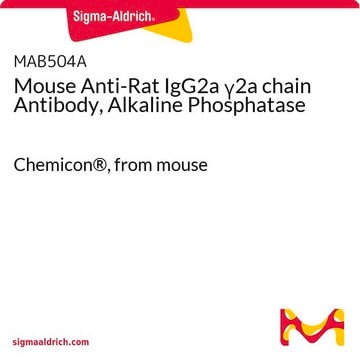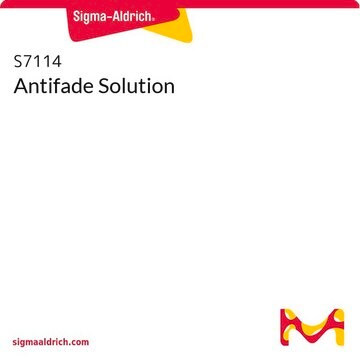SRP0219
CD45 Active human
recombinant, expressed in baculovirus infected insect cells, ≥90% (SDS-PAGE)
Synonyme(s) :
CD45R, Leukocyte common antigen (LCA), PTPRC, Protein tyrosine phosphatase, receptor type, C, T200 leukocyte common antigen
About This Item
Produits recommandés
Source biologique
human
Produit recombinant
expressed in baculovirus infected insect cells
Pureté
≥90% (SDS-PAGE)
Forme
aqueous solution
Poids mol.
75 kDa
Conditionnement
pkg of 20 μg
Conditions de stockage
avoid repeated freeze/thaw cycles
Concentration
>0.02 mg/mL
Numéro d'accès NCBI
Numéro d'accès UniProt
Conditions d'expédition
dry ice
Température de stockage
−70°C
Informations sur le gène
human ... PTPRC(5788)
Description générale
Application
Actions biochimiques/physiologiques
Définition de l'unité
Forme physique
Notes préparatoires
Code de la classe de stockage
12 - Non Combustible Liquids
Classe de danger pour l'eau (WGK)
WGK 1
Point d'éclair (°F)
Not applicable
Point d'éclair (°C)
Not applicable
Certificats d'analyse (COA)
Recherchez un Certificats d'analyse (COA) en saisissant le numéro de lot du produit. Les numéros de lot figurent sur l'étiquette du produit après les mots "Lot" ou "Batch".
Déjà en possession de ce produit ?
Retrouvez la documentation relative aux produits que vous avez récemment achetés dans la Bibliothèque de documents.
Notre équipe de scientifiques dispose d'une expérience dans tous les secteurs de la recherche, notamment en sciences de la vie, science des matériaux, synthèse chimique, chromatographie, analyse et dans de nombreux autres domaines..
Contacter notre Service technique








